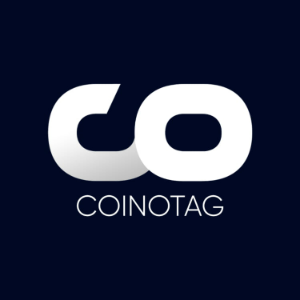Status Unveils Gasless Layer 2 Feature on Linea, Ditches Sequencer Fees Entirely
2 min read
Status, a decentralized communications project, has launched a feature that it claims makes the network the first natively gasless layer 2 on Consensys’ Linea zkEVM stack . The layer 2, called Status Network, will operate differently compared to conventional rollups that depend on sequencer fees to stay afloat, the Status team said in a press release. The new L2, which already went live with its testnet, eliminates transaction costs altogether and instead rewards liquidity providers and funds builders with yield generated from bridged assets and native app fees. “We designed Status Network so developers can ship games, seamless social experiences and DeFi protocols without forcing users to preload gas or builders to manage paymaster contracts,” said Cyprien Grau, the lead at Status Network, in a press release shared with CoinDesk. “By rehypothecating yield-bearing TVL and sharing every cent of net yield with the community, we’re aligning incentives for all L2 stakeholders: builders get funding, LPs get sustainable returns, and users get a true free-to-play blockchain.” According to the team, Status’s approach converts bridged ETH and stablecoins into yield-bearing equivalents — like stETH or sDAI — and channels that income to support its ecosystem, sidestepping sequencer fees entirely. This, the team argues, will set up the protocol for a self-sustaining loop with those looking to play blockchain-based games: gasless UX attracts users, deposits, and activity, which in turn grows native yield and community incentives. “With fees replaced by native yield, users can interact with apps without needing to bridge tokens or top up gas, creating a frictionless experience,” the team wrote in the press release. Status Network’s mainnet is expected to go live in the first quarter of 2026. Read more: Sequencers Are Blockchain’s Air Traffic Control. Here’s Why They’re Misunderstood

Source: CoinDesk



